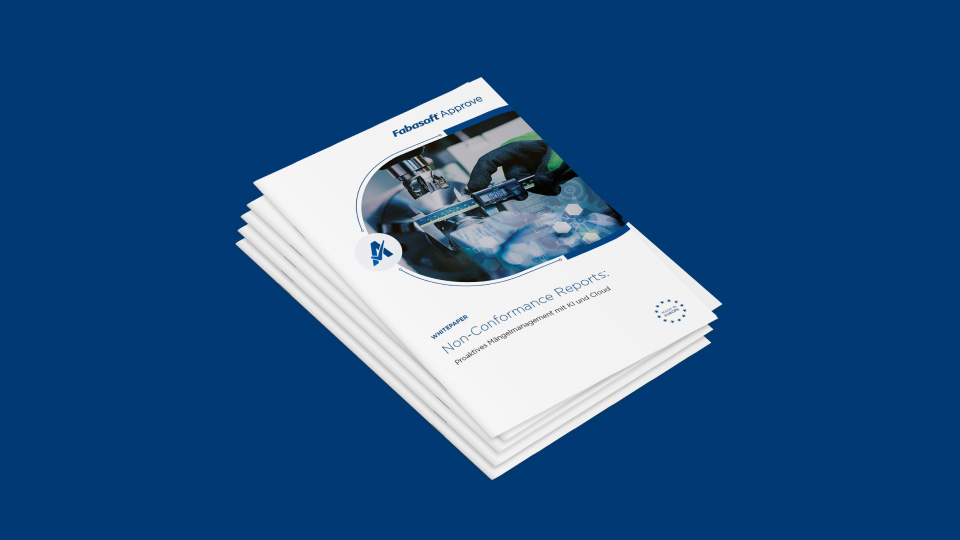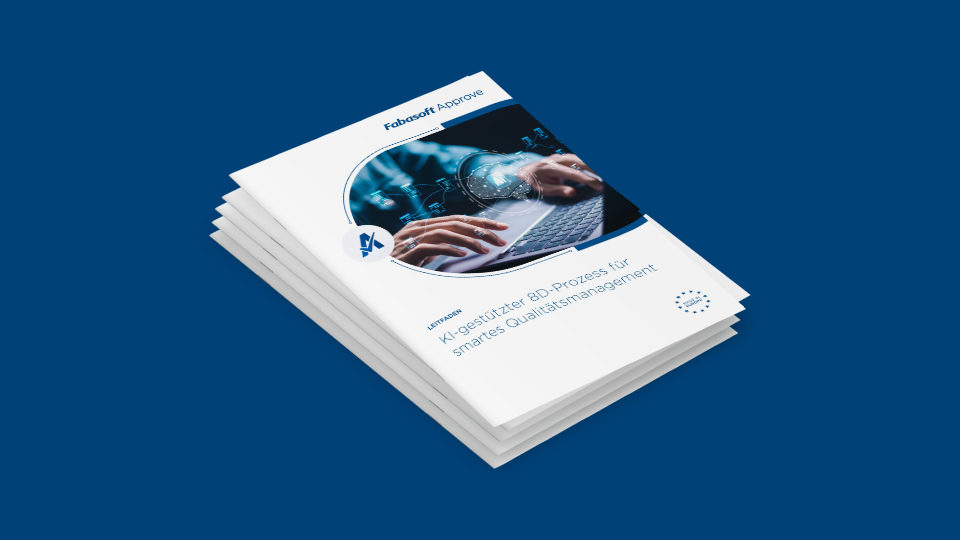As of January 1, 2024, the Act on Corporate Due Diligence Obligations in Supply Chains (LkSG) – or Supply Chain Act for short – applies in Germany also for enterprises with more than 1,000 employees, and it poses considerable challenges for companies. The beacon of hope that is artificial intelligence (AI) promises a remedy for enterprises of all sizes.
Companies responsible for fair supply chains
The Supply Chain Act obliges companies with a branch in Germany to implement defined due diligence obligations in global supply chains and thus ensure that human rights are respected. Examples of this include protection against child labor, the right to fair wages, and environmental protection.
The due diligence obligations apply not only to the company's own business operations, but also to contractual partners and suppliers. This means that responsibility no longer ends at the company’s own factory gate, but extends along the entire supply chain. Companies that violate the Supply Chain Act must expect fines and also risk being excluded from being awarded public contracts.
How can companies implement the Supply Chain Act?
First of all, companies must establish a risk management system and identify, assess, and prioritize risks in their supply chains. Based on this, they publish a policy statement and take measures to minimize or eliminate risks. They also establish complaints channels for people in the supply chains, take remedial action in the event of human rights violations and document their supply chain management through reports.
So much for the theory. In practice, these requirements can only be implemented efficiently if software provides pertinent support. Internal and external partners network along the supply chain in a shared system. This allows them to exchange information (e.g. on quality issues, contracts, risk analyses, etc.) in a transparent and traceable manner. An audit log included in the system automatically documents every step and every document version.
The challenge of data acquisition
In a survey conducted by GS1 Germany on LkSG risk analysis, participants stated that data availability and completeness decrease the deeper into the supply chain it goes. It goes on to say: “Companies must also ensure that the data collected is reliable and credible in order to identify potential risks and make appropriate decisions. The accuracy of the data is therefore seen by 61% as a further challenge. [...] No less than 43% consider the internal responsibilities for data acquisition and maintenance to be an additional difficult aspect.”
The companies surveyed also see challenges in working with suppliers and implementing a data collection tool. “The acceptance of suppliers for truthful, complete, and regular data maintenance requires the communication of a benefit for the additional work.” The survey participants do not currently see this. As a result, there is a fear that “data maintenance is not carried out by suppliers with the necessary degree of updating and due diligence”, according to GS1's findings.
AI as a remedy
This is precisely where cloud-based, AI-supported document and data management systems (DMS) such as Approve on Fabasoft PROCECO come in. In an industrial environment, they act as a “single source of truth” for supplier-related information. These documents are brought together in a shared data environment during order processing. Interfaces to external sources, e.g. on the Internet, make it possible to incorporate further information, including daily updates.
An AI helps to analyze this data and prepare corresponding proposals for action. CDP (Carbon Disclosure Project) reporting can also be automated via AI by evaluating the wealth of data contained in the smart DMS and automatically answering questionnaires using the extracted information.
Ultimately, an AI-supported DMS enables continuous monitoring of supply chains and thus ensures proactive detection of risks beyond the company's own boundaries. This not only increases efficiency, but also transparency and reliability in complying with legal requirements.




